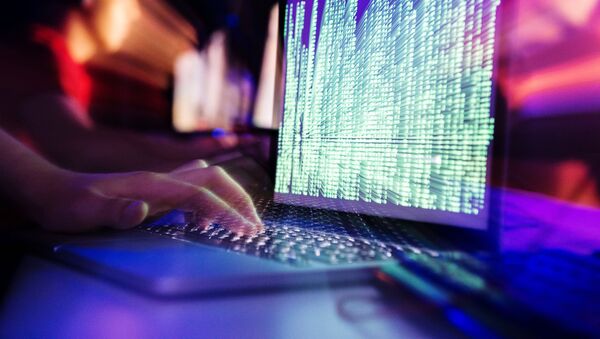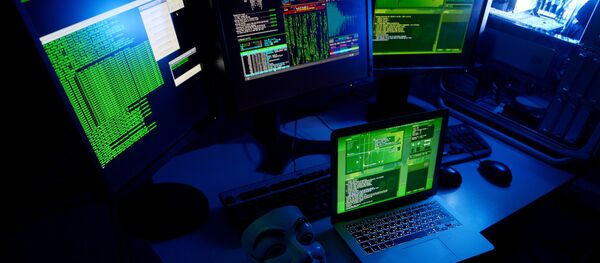Earlier in the day, Australian Defense Minister Marise Payne said that 400 Australian companies may have been targeted by Russian state-sponsored hackers in 2017, albeit without achieving their intended goals.
"Another example of accusations based on assumptions. No facts are provided, there is an indiscriminate approach based on the same assumptions that were made last year. No justified facts have been presented to the international community… I think that if there are any complaints, then within the framework of state cooperation, first and foremost between law enforcement agencies, such communications should be established and the agencies should jointly identify those people or those organizations that promote cyberterrorism and cyberattacks," Levin said.
Moreover, it is wrong to link such attacks to Moscow, since some hackers could be posing as Russian users, the lawmaker stressed.
"This again raises the issue that has been discussed for many years — about the creation of some international organizations like the cyberUN that would resolve these kinds of problems and investigate crimes through cooperation," Levin added.
READ MORE: Cisco Cyberattack Targeted Russian-Language Internet Segment — Kaspersky Lab
On Monday, the US Department of Homeland Security, Federal Bureau of Investigation and UK National Cyber Security Center released a joint statement blaming the Russian government for sponsoring malicious cyberactivity.
Moscow has repeatedly refuted allegations of its involvement in cyberattacks as groundless, pointing to the lack of evidence.



